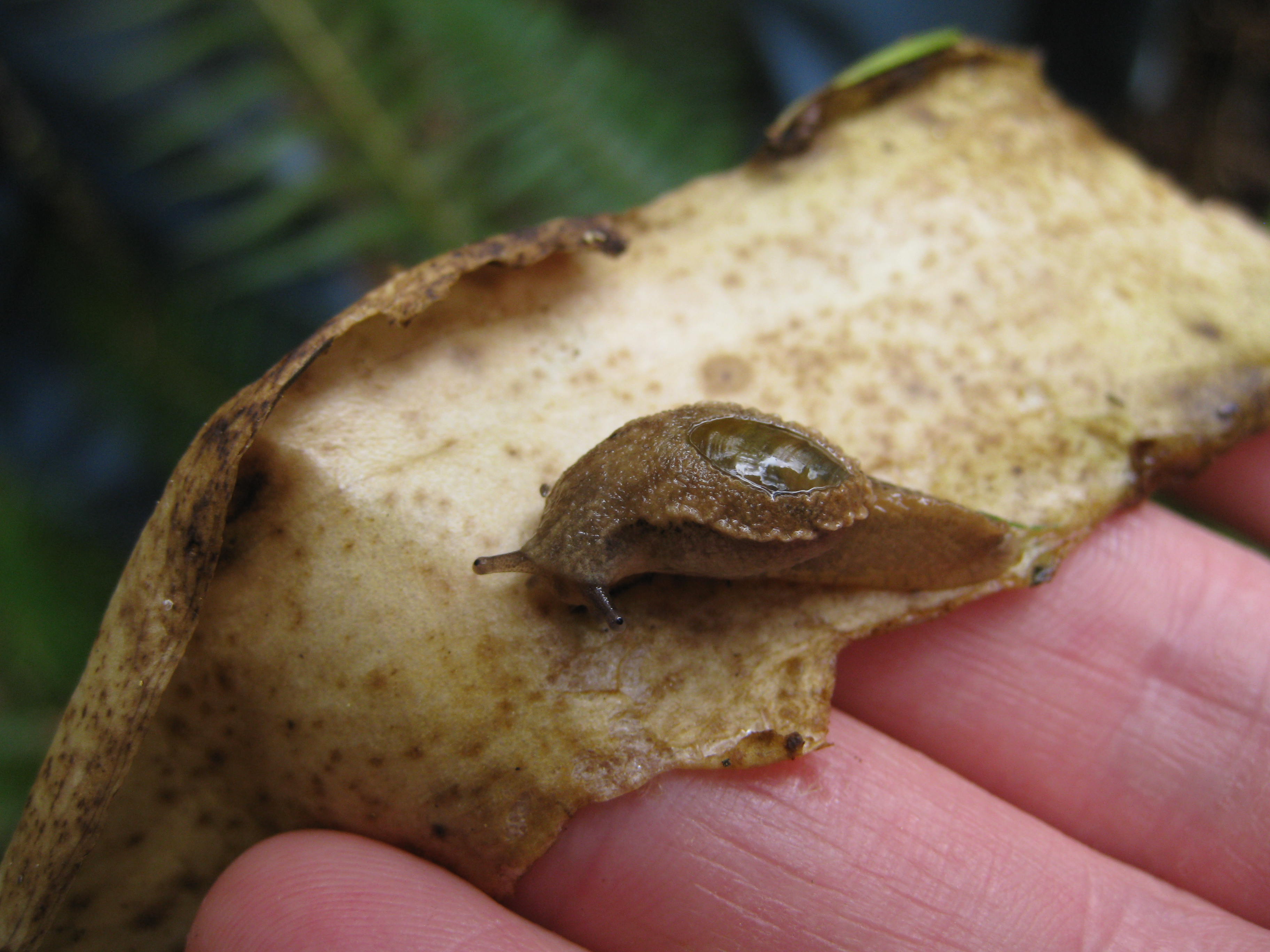Ask a Master Gardener: Which fungicide is best?
Published 5:00 pm Tuesday, August 5, 2003
Question: Can you tell us which fungicide would be best for general purpose use in our garden? We would like one that could be used on both edible and landscape plants.
Answer: Many fungicides are registered for use on plants, but only a few are readily available to gardeners. They are not highly toxic or restricted in use. Understanding the disease cycle, proper timing, coverage and selection of the right fungicide are needed to get good control using fungicides.
Many fungicides work by protecting healthy plant tissues. Captan, copper products, chlorthalonil, and sulfurs must be present before the fungi arrive and begin the infection process.
Some fungicides like myclobutanil and triforine are locally systemic and must be applied soon after (or before) infection for maximum benefit. None of these fungicides can revive heavily diseased plants.
The following chemicals are listed first by their common name, then by trade names used for the homeowner market.
Captan (Captan, fungicide) – One of the best all-around, general-purpose fungicides to control a huge variety of plant diseases, but it is not very good against powdery mildews and rusts. Captan is labeled for ornamentals, lawns, vegetables, and fruit. It works well to control leaf spots, blights, and fruit and vegetable rots.
Chlorothalonil (Daconil 2787, Fung-onil, multi-purpose fungicide) – This is another good, general-purpose fungicide for many fungal diseases. It is best as a foliar treatment as it breaks down rapidly in the soil. It is one of the longer lasting fungicides available so you do not have to spray as often, as with other products.
Copper-based compounds (bordeaux mixture, blackspot powdery mildew control, copper fungicide, Kop-R-Spray, Microcop) – There are many copper products, but copper sulfate is the one most gardeners will find. It is a highly effective fungicide that stays on the plant surface even after several rains. Usually it is used as a dormant spray as it may burn young tissues. The copper most commonly obtained is labeled for use on many fruits, nuts, ornamentals and a few vegetables. It controls many fungal and bacterial cankers, galls, blights and leaf spots.
Horticultural and botanical oils (Neem oils such as Powdery Mildew Killer or Rose Defense, Sunspray Ultra-Fine Year Round Pesticidal Oil, Jojoba Oils such as E-Rase) – Some of these are petroleum derived oils while others are from plants. These are effective when powdery mildew has gotten away from you. A good eradicant of the fungus if you get excellent coverage of plant surfaces. Do not use when plants are wet from rain, irrigation or dew.
Lime sulfur or calcium polysulfide (dormant sprays for disease control) – Primarily used as a dormant spray because it can burn young foliage.
Myclobutanil (Immunox, SpectracidePro) – Finally, one of the most effective fungicides in commercial agriculture is now available to home gardeners. If Funginex has not been doing the job lately, this one will. Best powdery mildew product anywhere. Also effective against rusts and many leaf spots.
Sulfur (Safer’s Garden Fungicide, sulfur plant fungicide and many other names with the word sulfur in them) – Elemental sulfur alone is active against powdery mildews, some rusts, leaf blights and fruit rots. It is also active against mites. It is labeled for fruits, beans and many ornamentals.
Triforine (Funginex, Rose Pride Funginex) – A locally systemic fungicide to control powdery mildew, rusts and some leaf spots or blights. It is labeled for use on several ornamental plants and has been used for years to control all of the important rose diseases. Some gardeners may find that it does not work as well as it has in the past due to the build-up of fungi resistant to the chemical.
On a final note, remember the label is the law. No matter what anyone else says, always follow labeled directions. Never use a fungicide on a plant that is not listed on the label.
EDITOR’S NOTE: For answers to local gardening questions, contact Master Gardener Rachel Gana at 642-8723 or e-mail her at: baiter1@pacifier.com.






